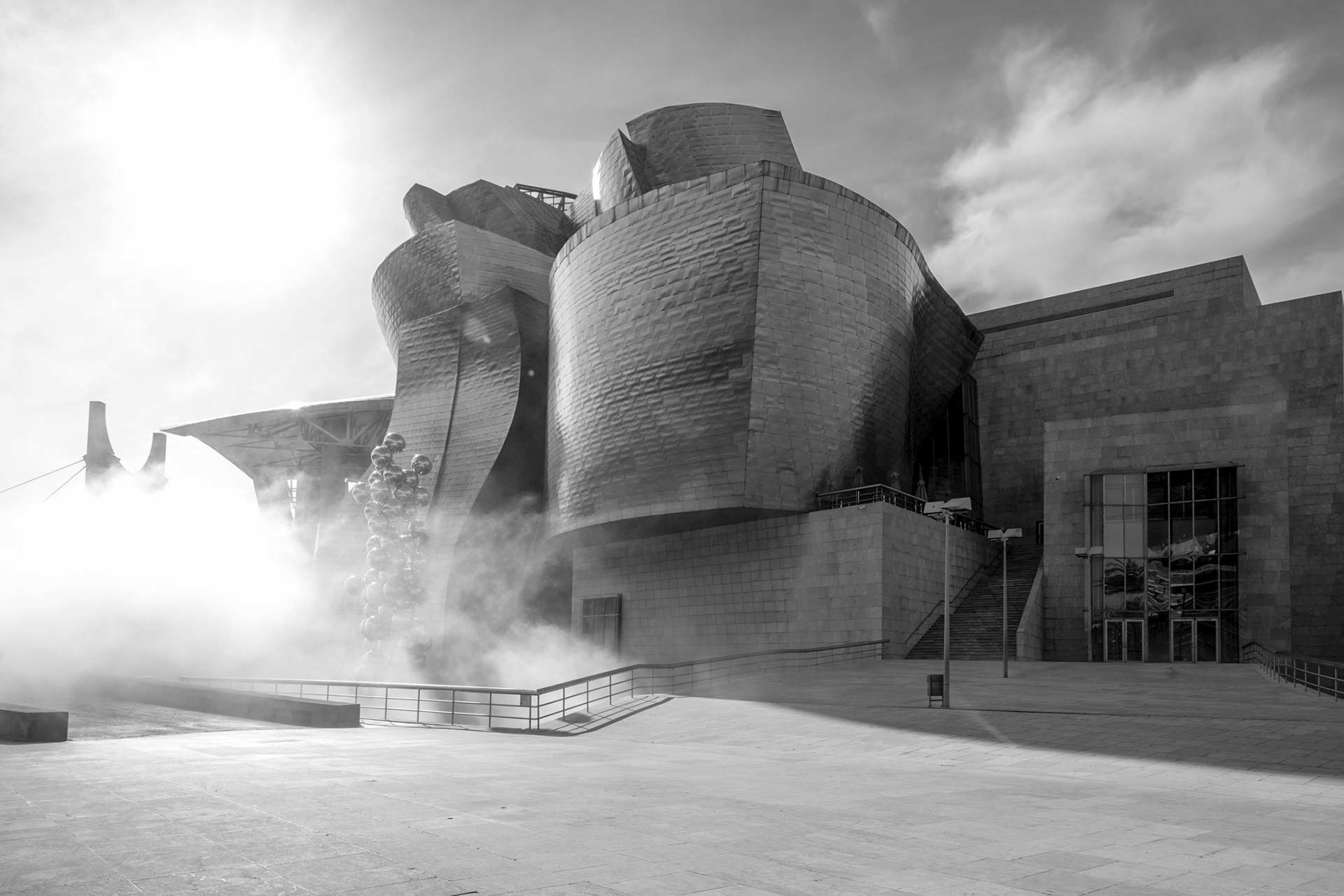
Strategic Plan
In line with the strategic planning process that the Guggenheim Museum Bilbao has engaged in since it opened, the Strategic Plan 2024–2025 is presented here. Against a background of uncertainty and fast change at the global level, the new Plan has been designed for the next two years, thus completing the Museum’s regular strategic planning period (four to five years), which was shortened in 2020 as a result of the pandemic and the associated instability.
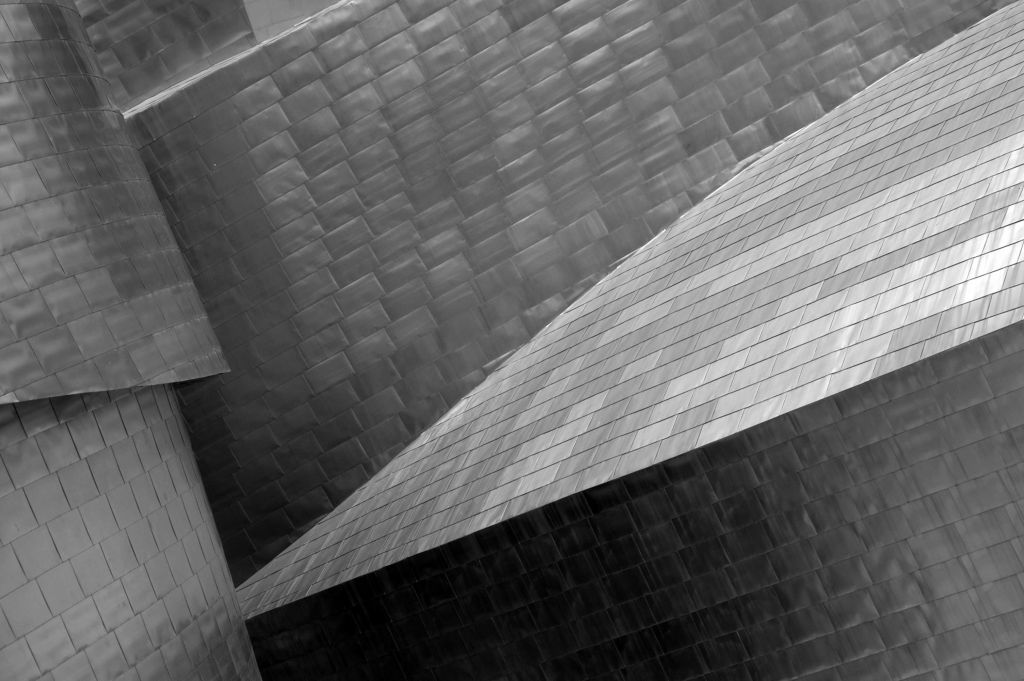
Mission Statement
To collect, preserve, and research modern and contemporary art, and to present it from multiple perspectives within the context of the History of Art, addressing a broad, diverse audience, so as to contribute to the knowledge and enjoyment of art and the values that it represents, within a unique architectural landmark, as an essential part of the Guggenheim network, and a symbol of the vitality of the Basque Country.
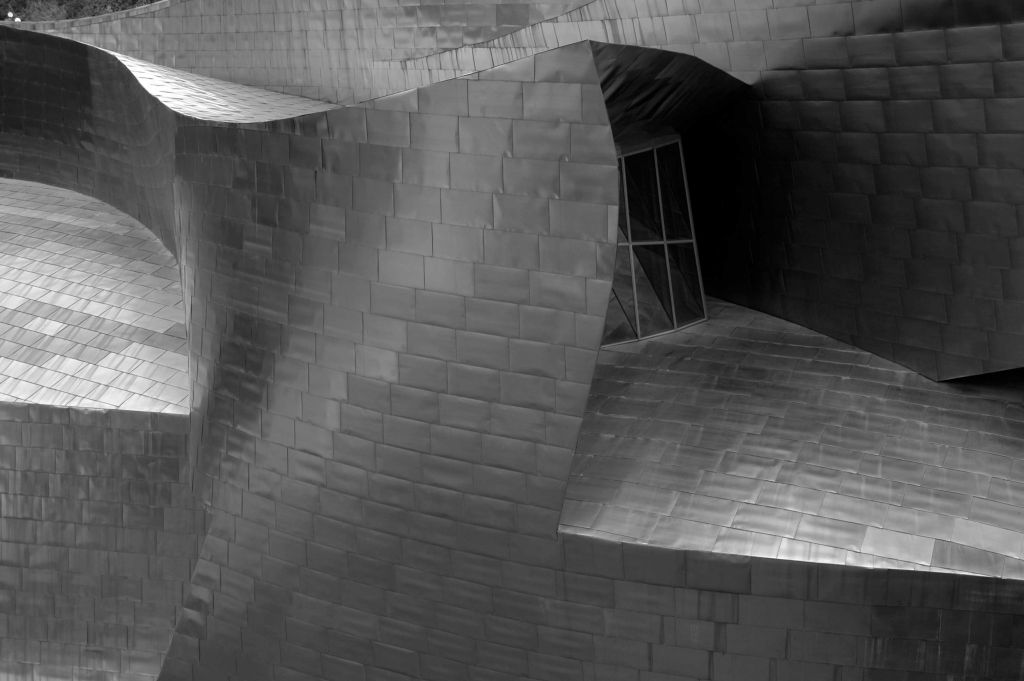
Vision
The Guggenheim Museum Bilbao will be recognized as a European leader in innovation and in the creation of a visitor-centered museum experience. It will continue to play an active role in the Solomon R. Guggenheim Foundation, both in the development of new cultural, artistic, and educational projects for the benefit of the Guggenheim Constellation and the creative economy of the Basque Country.
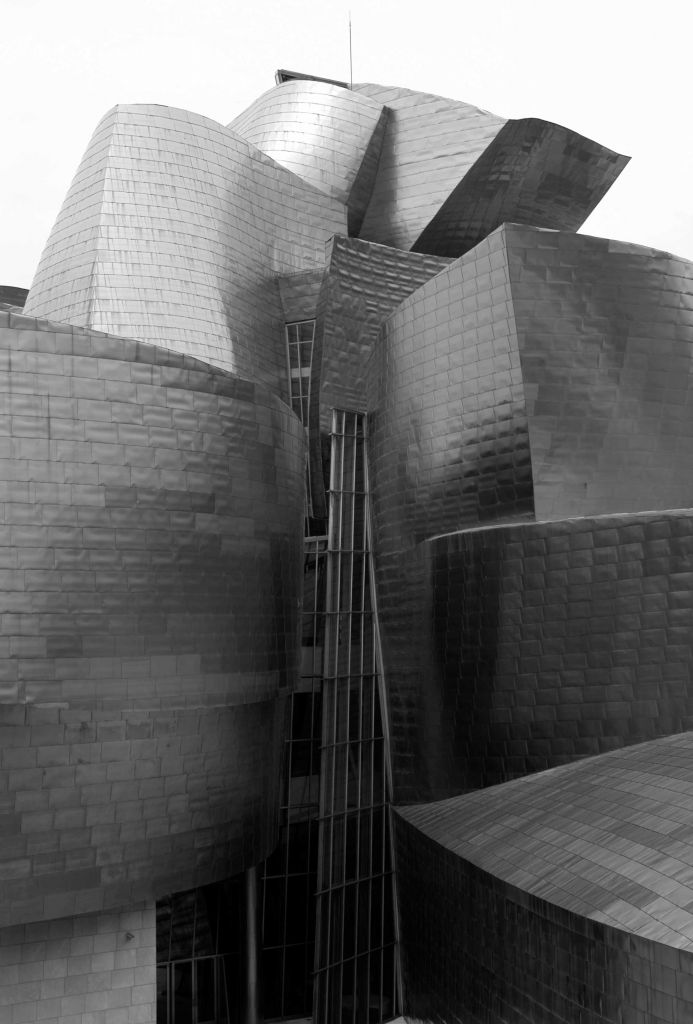
Purpose
This Purpose seeks to serve as an inspiration and to align all interest groups, seizing the unity that exists around the Museum’s relevance and the pride involved in belonging, contributing, or relating to the Museum or simply visiting it. Furthermore, the purpose of the Guggenheim Museum Bilbao is formulated as follows:
To inspire and open up new perspectives through art and its values.
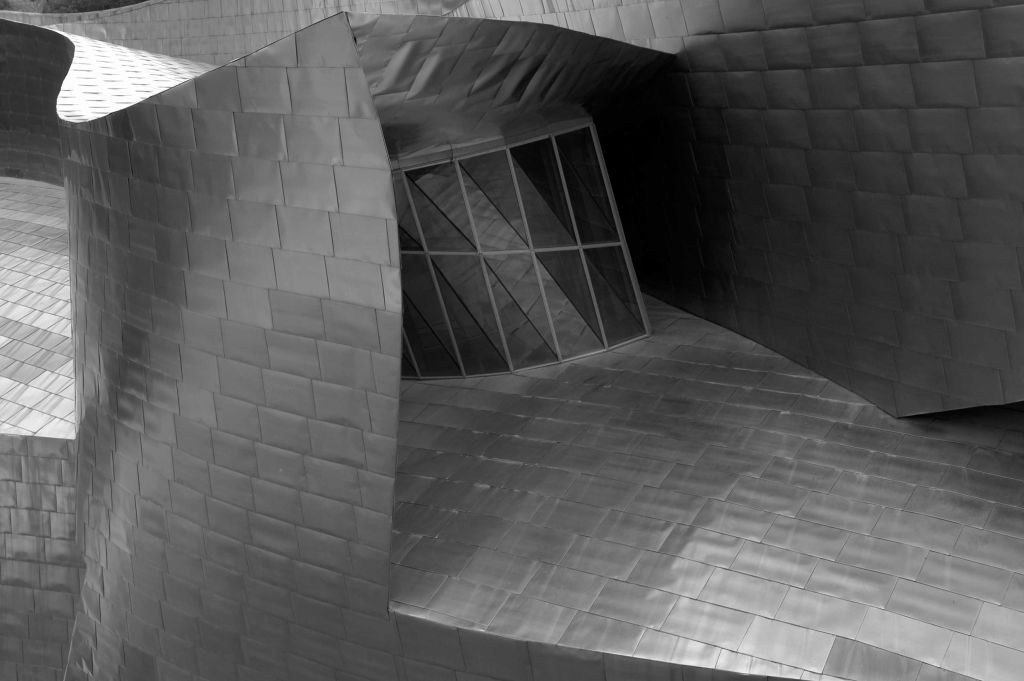
Values
In line with preceding Strategic Plans, the Museum upholds certain values that make up its corporate philosophy, the spirit with which the Mission is pursued, the principles governing all actions.
Sensitivity and respect for art
We work with artistic sensitivity, and respect for the work of art governs our action
As we undertake our activity, we are fully aware that the object we work with has a value that far exceeds its mere material worth. Preserving artwork is important, but if we are to give it its due, we must be able to appreciate it as an expression of the human condition. This is the assumption underlying all our activity and while business criteria are applied in our management plans, we never lose sight of the fact that what we are dealing with is part of the world’s heritage and is invested with an intangible value that commands enormous respect.
Integration with the art community
We contribute to the enrichment of artistic and cultural activity in the Basque Country within the framework of the cultural strategies of its Institutions
The Museum does not seek to be the center of all the artistic activity taking place in the community, but wishes to serve as a stimulus and a meeting place that integrates other cultural institutions and renowned artists, gallery owners, projects, and initiatives. Together, they contribute as far as possible to the diversity and activity of the local art world.
Commitment to quality
The success of the Museum involves managerial excellence; this demands quality work
One of the Museum’s main objectives has always been to further continuous improvement, a policy which led to the implementation of the EFQM management model.
Customer orientation
Satisfied customers are our only guarantee of a successful future. Thus our priority is to gear our work towards satisfying our clients in all their diversity
Customers change and have changing needs. Our best option for ensuring a high degree of customer satisfaction is to identify their expectations and do our best to meet them. A happy client is a secure investment.
Educational orientation
Facilitating the public’s acquaintance with culture and especially with modern and contemporary art is our prime commitment
Each new exhibition demands from the Guggenheim Museum Bilbao a review of the educational approach. The Museum clearly sees itself as an educational institution, and therefore each project requires a rethinking of the technique, material, and atmosphere required to make it an informal, interdisciplinary, and highly interactive educational experience. Museum education today is moving away from academic rigidity and instead seeks to convey information in a way that will broaden people’s humanistic outlook and enrich their understanding and experience.
Economic orientation
Resource management is optimized in our work to ensure the highest possible degree of self-financing for the Museum
The Guggenheim Museum Bilbao’s management model lends it a level of autonomy that is reflected in its flexibility and swift response capability. However, the low dependence on government grants requires high efficiency in generating income not only from regular activity, but from the support and backing provided by society and the business world, and from maintaining a high number of customers, this term being understood in its broadest sense.
Integration and cooperation with the Guggenheim Museums
We foster and promote individual and organizational integration with the objectives, culture, and identity of the Solomon R. Guggenheim Foundation
There are a number of circumstances that make this a particularly demanding objective, since working in a Network and sharing a brand form part of our Mission Statement, and convinced as we are of the mutual benefits arising from the synergies generated by multilateral relations.
Commitment to society
The Museum seeks to serve as a symbol of the vitality of the Basque Country and to promote ethical conduct through art
On the subject of culture and economics, the Museum’s well-demonstrated effect as a major factor in revitalizing the economy, regenerating the urban environment, and injecting incentive into society as a whole is especially interesting. Although as a cultural initiative the Museum forms part of comprehensive development plans, one of its fundamental tasks is to serve as an instrument for extending culture and furthering the values of tolerance, open-mindedness, and respect through art.
Confidence in our staff
We encourage participative work based on honesty, trust, integrity, and responsibility, and foster the values of liberty and respect for the individual
Teamwork, a participative management, and self-demanding attitudes are values that have taken strong root in our different work teams. The professional experience of our staff results in efficient proposals and initiatives that are in line with the Museum’s Mission and foster the values that are to govern all our actions. They provide the drive and motivation to ensure fulfilment of the Museum’s commitments.
A family-friendly organization committed to respecting diversity and equal opportunity
The Guggenheim Museum Bilbao makes every effort to act in an ethical, socially responsible manner and to promote respect for diversity and equal opportunity, with the goal of facilitating a healthy work-life balance for employees from a gender-conscious perspective.
For this reason, the Museum’s integrated human capital management approach is governed by a policy of equal opportunity for all employees, regardless of their situation, making work-life balance an integral part of its corporate social responsibility strategy in order to offer high-quality, steady employment in a pleasant, stimulating work environment and to promote employer-employee relationships based on the principle of shared responsibility, using flexible, innovative forms of employment to meet the needs and expectations of visitors/customers while also contributing to the self-improvement and advancement of the staff.
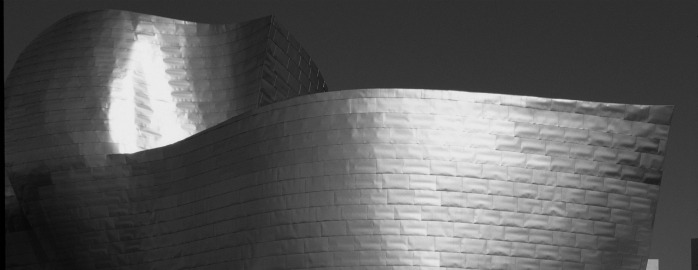
Strategic Commitments
The Museum’s Strategic Commitments reflect the institution’s resolve, willingness, determination, and rigor to make progress in a series of areas considered as fundamental.
1. Commitment to the Museum’s Collection. The Museum commits to draw attention to its Collection by means of its exhibitions and programs as a reflection of its artistic identity and the institutional support received, with the aspiration of continuing to develop the Collection in order to maintain its position as a leading Museum institution.
2. Commitment to inspiring, inclusive, and high-quality art program. The Museum commits to continue to design an inspiring, inclusive, and high-quality artistic program capable of appealing to diverse publics that are both local and international, offering a leading look at the most significant creations of modern and contemporary art.
3. Commitment to education. The Museum commits to guarantee access to its content via the development of new forms of mediation, tools, and activities that address the needs of its visitors and educational groups, encouraging socialization, learning, and creativity.
4. Commitment to the social value of art. The Museum commits to promote the relationship with the artistic community and with local educational and social groups, highlighting initiatives that encourage resiliency and the contribution of art to human well-being in society as a whole.
5. Commitment to financial sustainability. The Museum commits to maintain the solvent and efficient management characteristic of it, creating budgets that allow it to conduct its activities as sustainably as possible at any given time.
6. Environmental commitment. The Museum commits to continue to work to minimize its environmental impact through the development and implementation of sustainable energy solutions and non-polluting processes, and by promoting activities oriented at ecoefficiency.
7. Commitment to digital transformation. The Museum commits to advance along the digital transformation of its processes, offering an integrated technology practice that facilitates the visitors’ experience and access to content and an improved work environment for its teams.
8. Commitment to the territory. The Museum commits to continue to be an element of the revitalization of the territory through the development of its Museum activities with a high quality, added value international approach.
9. Commitment to innovation. The Museum commits to explore and identify innovative practices that provide outstanding value to its activities and which allow it to maintain its levels of quality and excellence.
10. Commitment to governance excellence. The Museum commits to maintain its excellence in transparency, good governance, and ethical management, making progress every day towards a more diverse, inclusive organization, promoting equality and reaffirming its capacity for innovation and continuous improvement in the recognition of people, their talent, and their contribution to the Museum.

Strategic Goals
The Strategic Plan 2024–2025 identifies the following Goals, which should enable the Museum to fulfil its Mission and Vision.
- To consider the Museum Collection as an active core
- To offer a high quality Art Program targeted at a wide and diverse audience
- To work on the segmentation and customization of Community 2.0
- To strengthen the Individual Members Program and its position at the local level
- To produce relevant, focused, technology-oriented content
- To provide the Museum with the processes and tools necessary to share the information and resources available in the institution openly and fluently
- To design a plan to engage young talent
- Financial sustainability: To maintain the percentage of own revenues
- To carry out relational projects aimed at increasing sponsorship
- Environmental sustainability: To become carbon neutral by 2030
- Social sustainability: To promote emotional wellbeing through art
- DEIA –Diversity, equity, inclusion, accessibility
